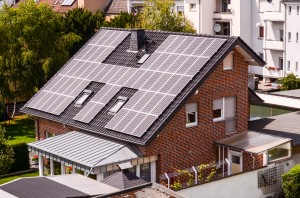On May 27, the European Union passed the Net Zero Industry Act. The bill aims to accelerate the EU’s transition to climate neutrality, while improving the EU’s industrial competitiveness, among other things.
On March 16, 2023, the European Commission published proposals for the Net Zero Industry Bill and the Critical Raw Materials Bill, which aim to ensure that the EU is a global leader in green industrial technologies.
The Net Zero Industry Act is a key part of the EU’s Green Deal industrial plan, which aims to ensure that at least 40% of the EU’s clean technology needs, including wind turbines, batteries, heat pumps, solar panels, Solar Mounting System renewable hydrogen and more, are manufactured in Europe by 2030. The Net Zero Industries Act will improve conditions for net zero technology investment by enhancing information, reducing the administrative burden of establishing projects, and simplifying licensing procedures. To facilitate diversification of the supply of net zero emission technologies, the Bill requires public authorities to consider sustainability and resilience criteria for net zero emission technologies in public procurement or auctions.
In fact, data show that the EU’s local production of solar modules only accounts for 3% of the market, and the EU’s photovoltaic generator installed capacity relies heavily on imports from China. The latest customs data show that in March this year, China exported a total of about 24.5GW of photovoltaic modules,solar mounting brackets and others parts. the world’s top three imports of China’s photovoltaic module market in sequence for Europe, Pakistan and Saudi Arabia, three monthly imports of about 60% of the global market, of which the European market imported about 9.7GW of photovoltaic modules from China, compared to 8GW in February increased by 21%.
Post time: May-28-2024
